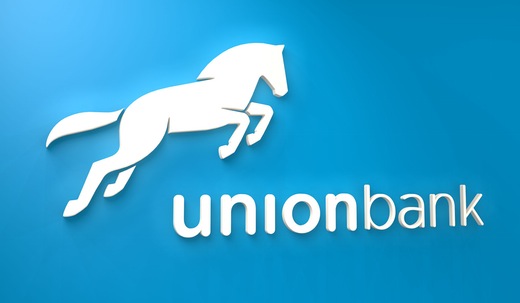Central Bank of Nigeria Non-Oil Export Stimulation Facility (NESF)
The Central Bank of Nigeria in its bid to diversify the revenue base of the Nigerian economy and to expedite the growth and development of the non-oil export sector, introduced the Non-Oil Export Stimulation Facility (NESF). Redressing Nigeria’s declining export financing as well as re-positioning the agricultural export sector to ensure increase in its contribution to the economic development of Nigeria are the key focus of the Facility. The Central Bank of Nigeria will be collaborating with some Participating Financial Institutions (PFIs) in Nigeria like Union Bank to see to the fruition of the project which is aimed at agricultural export product.
Objectives of the NESF
- To ensure improved access to concessionary funds to exporters of agricultural products in order to diversify and expand the non-oil baskets.
- Attraction of new investment opportunities in the agricultural sector and promote re-investments in value-added non-oil exports production and non-traditional exports.
- To shore up productivity in the non-oil export sector and also create more employment opportunities for Nigerians.
- To offer huge support to export-oriented companies so they can upscale and expand their export capabilities and operations.
- Broadening the scope of export financing instruments.
As a key promoter and financier of the Nigerian Agricultural sector, Union Bank guarantees its customers the opportunity of accessing this Facility. Its major features include:
- 9% interest rate
- Maximum loan limit of N50 million
- Maximum loan tenor of seven (7) years
Central Bank of Nigeria Anchor Borrowers’ Programme (ABP)
In line with its developmental function, the Central Bank of Nigeria established the Anchor Borrowers’ Programme (ABP). The programme which was launched on November 17, 2015 by President Muhammadu Buhari is geared towards creating a link between anchor companies that are involved in the processing of agricultural products and small holder farmers (SHFs). Provision of farm inputs in kind and cash to small holder farmers in order to boost production of these commodities, stabilization of the inputs supply to agro processors, and addressing Nigeria’s negative balance of payments on food, are key basis for the establishment of the programme. In other words, the scheme is open to all businesses that make use of agricultural products as raw materials for production.
Union Bank is a key part of the project as it forms part of financial institutions charged with the responsibility of disbursing loans from this scheme to businesses that are involved in agricultural production, expanding and diversifying the revenue base of the Nigerian economy in the process.
Objectives of the ABP
- To increase the level of banks’ financing to the agricultural sector
- Reduction of import of agricultural commodity and equally conserve the external reserves
- Improvement of the capacity utilization of agricultural firms
- Breed a new generation of farmers and entrepreneurs and also create more employment opportunities in the agricultural sector.
- To further the cashless policy and financial inclusion.
- Cut the rate of poverty among small holder farmers
- Supporting rural-based smallholder farmers to grow from subsistence to commercial production level.
The key features of the scheme include:
- 9% interest rate
- Maximum loan limit of N2 billion naira
- Maximum loan tenor of 2 years
Sources:
Unionbank NG
Cbn.gov NG
Featured Image Source: Nigeria Banks

